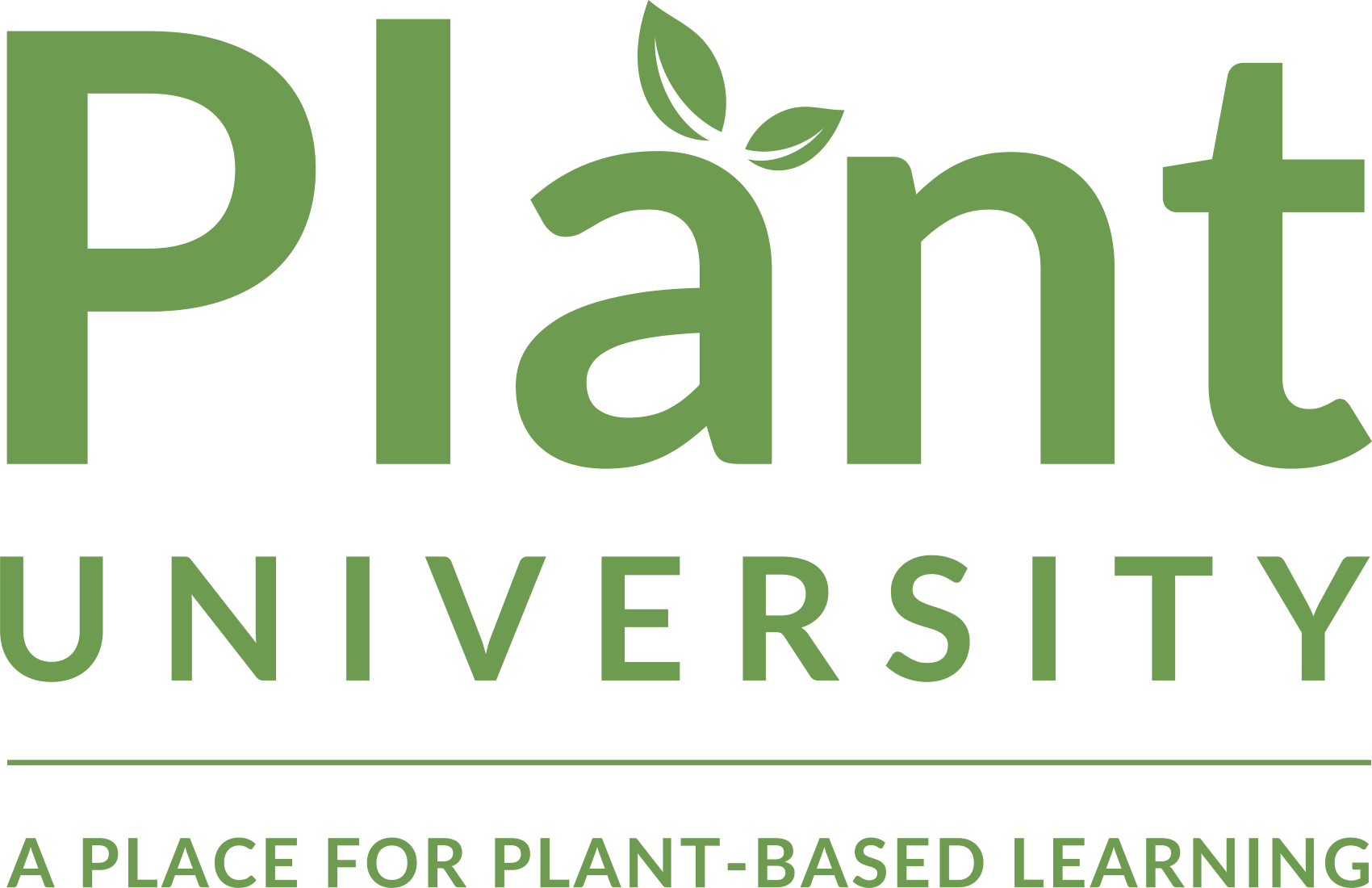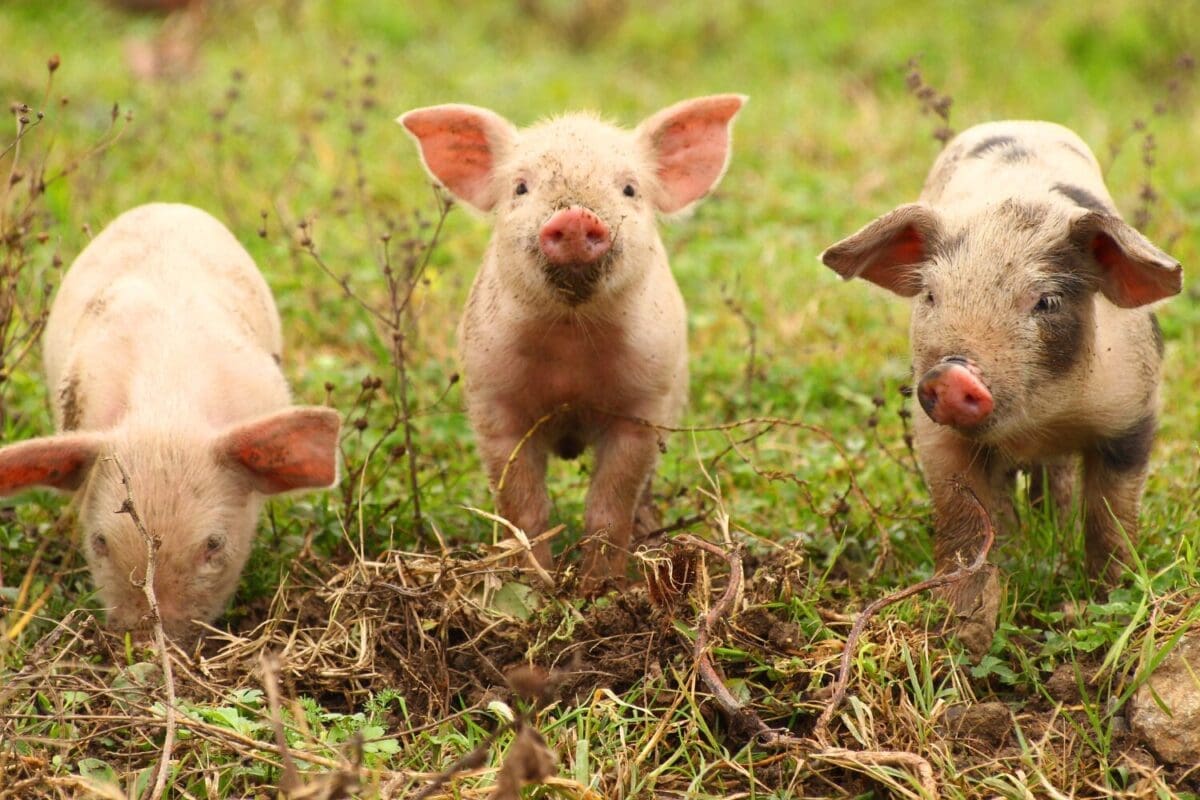What if one simple change this January could improve your health, save animals, and protect the planet? That’s the idea behind Veganuary, a global movement that inspires millions to try a vegan diet for one month.
For the first time ever, Veganuary has officially come to Canada, with the Veganuary Canada Coalition bringing together organizations like the Vancouver Humane Society to make plant-based eating more accessible and exciting. Last year, the UK-based nonprofit Veganuary prompted around 25 million people worldwide to explore plant-based foods.
While each person has their own reasons to try vegan this month, data from B.C.’s Lower Mainland shows that the top motivator is personal health, followed by saving money, helping the environment, and animal well-being. Science backs this up: eating more plant-based foods is linked to lower rates of heart disease and reduced risk of certain types of cancer, the leading causes of death in Canada.
More than half of participants report feeling improvements to their health during Veganuary. Making your meals 100% plant-based for the entire month can save 900 square feet of forest, according to the organization. Each meal free of animals also spares animal lives and reduces the demand for industrial animal agriculture, which has been called the greatest animal welfare crisis in the world today.
For those looking for ways to make a change this January, it’s not too late; anyone can still join in the movement. Here are three ways to get started – and stay motivated – while making a positive impact this month.
Look at where plant foods can fit into your current routine
When starting the first steps of your plant-based journey, look at ways plant-based eating can fit into your current routine. Are there plant-forward recipes that you already love, which could be made vegan-friendly with a few simple ingredient swaps?
This could be as easy as switching out egg-based mayo for vegan mayo, dairy milk for oat milk, or sausage crumbles for baked tofu crumbles. A tuna salad sandwich could be swapped for chickpea salad, or ground beef in a chili could be swapped for lentils, beans, and mushrooms.
People who prefer to follow complete meal plans can receive them through Veganuary emails, regardless of when they get started.
Don’t be discouraged by setbacks
Trying vegan this month doesn’t mean committing to perfection. While it’s exciting to see progress for animals and the planet, it’s also important to make these changes accessible and sustainable for people who may find the switch to plant-based foods daunting.
Small steps can make a big difference as you explore the world of plant foods that fit your budget, lifestyle, and traditions. Explore budget-friendly staples like lentils, beans, and seasonal vegetables, or try culturally inspired recipes that showcase plant-based versions of beloved dishes. Local farmers’ markets or bulk food stores can also help make plant-based eating more accessible.
Veganuary is a first step for many people to try new and delicious foods and to rethink the way they eat throughout the year. According to a survey of last year’s participants, 81 percent of people who took part said they reduced the amount of animal products in their diet by at least half over the following six months.
It’s more than a one-month challenge; it’s a spark for lasting change in how we think about food, equity, and sustainability.
Help make plant-based eating more accessible for everyone
The move toward more plant-forward foods is underway, with 65% of local residents having reduced their consumption of animal products. Walk down an aisle in the grocery store and you’ll see the impact: where once you may have been lucky to find a single dairy-free milk option, the shelves are often stocked with a variety of plant-based milks, spreads, cheeses, prepared meals, snacks, and more.
As demand for plant-based foods grows, companies are racing to develop a variety of options that are cost-effective, tasty, and accessible.
Still, barriers like affordability, cultural considerations, and access to healthy plant-based options remain challenges for many. Making plant-based eating accessible to everyone requires more than individual choices – it calls for systemic change. Governments at all levels can play a role by supporting plant-based items in public institutions like schools, hospitals, and community centres and incentivizing a shift from industrial animal farming to sustainable crop production.
Progress is already being made in Canada. A growing number of jurisdictions are supporting a shift toward more plant-based food consumption, including the city of Montreal, which has committed to offering a minimum of 75% vegetarian food at city-led events. Just last year, the District of North Vancouver approved a motion to include and prioritize plant-based food options at events, meetings, and other gatherings where the municipality provides food. These steps show how government action can align with public values and make sustainable, humane choices more widely available.
A move toward plant-based foods in public policy is supported by a majority of residents in the Lower Mainland. 58 percent would support shifting government subsidies from animal-based food production to plant-based, while 60 percent support including animal product reduction efforts in official climate, health, and animal welfare strategies.
Want to help? You can support plant-forward policies and practices by writing to your elected representatives and letting them know the issue is important to you as a constituent.
You can be a leader within your own community by encouraging a shift toward more plant-based options at work events and your favourite restaurants. For instance, if your favourite coffee shop currently charges extra for plant-based milk options, share information with them about the Vancouver Humane Society’s Dairy Free for No Fee café certification program. This program gives them special perks and a window decal to let other customers know that they offer surcharge-free plant milk options.
You can also support local plant-based initiatives, like community food banks or organizations providing culturally relevant vegan meal kits. These groups make plant-based eating accessible to those facing financial or dietary barriers.
The move toward more plant-based options is particularly important in a community that values inclusivity and equity so highly. Nearly three quarters of Lower Mainland residents believe that food services that offer a greater variety of plant-based options are more inclusive to all.
Making plant-based eating accessible to everyone provides options to people who avoid foods for personal, health, or religious reasons. It also empowers people to make the food choices they feel are best for themselves and our world. By working together to remove barriers – whether financial, cultural, or structural – we can create a food system that empowers everyone to make choices that align with their values and contribute to a healthier, more equitable world.
Whether you take part for a month or a lifetime, Veganuary is an opportunity to shape a better future for our communities, for animals, and for our planet.

